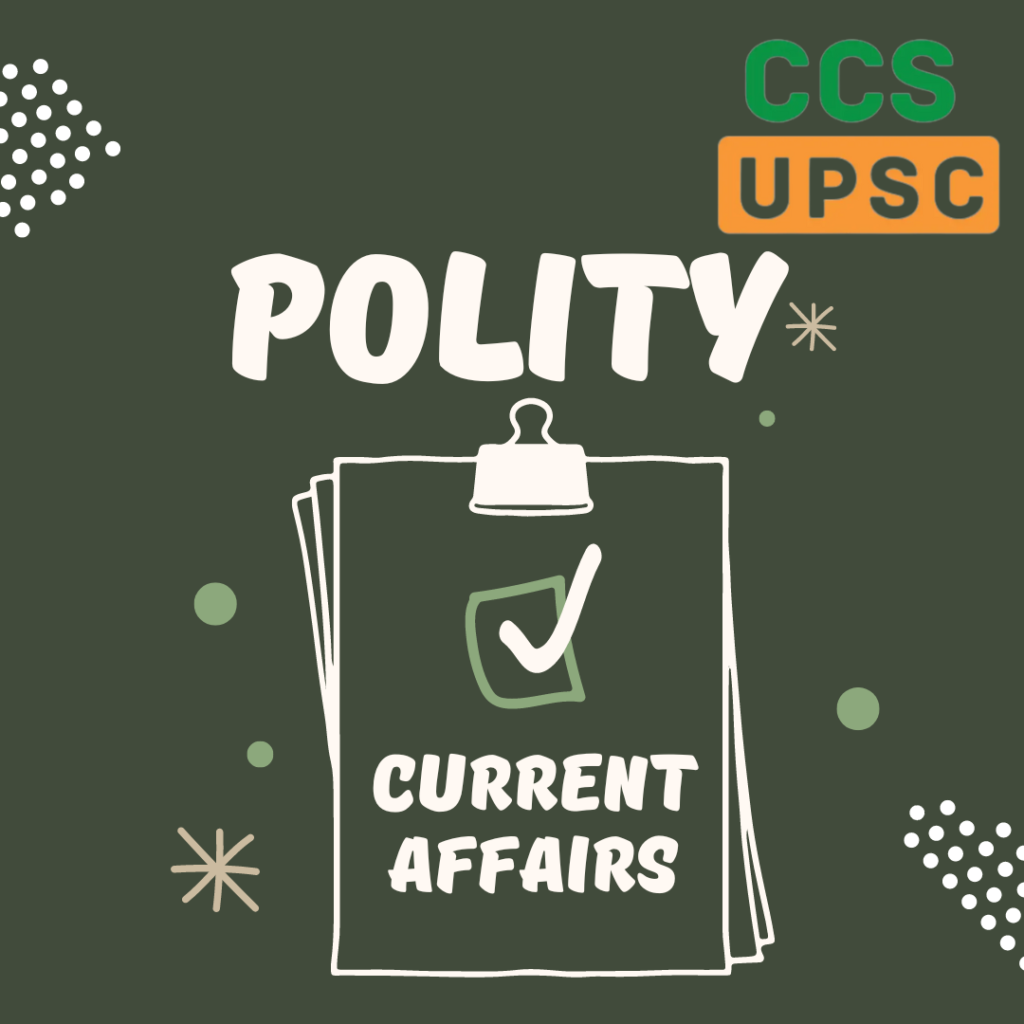Context:
∙ According to the Union Minister for Electronics and Information Technology the Telecommunications Act, 2023, is a set of real structural reforms.
About
∙ The act seeks to repeal the Indian Telegraph Act (1885), Indian Wireless Telegraphy Act (1933) and The Telegraph Wire (Unlawful Possession) Act, 1950.
∙ It also amends the Telecom Regulatory Authority of India (TRAI) Act, 1997.
Key Provisions of the Act
∙ Assignment of spectrum: Spectrum will be assigned by auction, except for specified uses, where it will be allocated on an administrative basis. The Specified purposes include, national security and defense, weather forecasting etc.
∙ Right of way: Facility providers may seek a right of way over public or private property to establish telecom infrastructure. It must be provided on a non-discriminatory and non-exclusive basis to the extent possible.
∙ Digital Bharat Nidhi: It renamed the Universal Service Obligation Fund (USOF), established under the 1885 Act to provide for telecom services in underserved areas, as Digital Bharat Nidhi and allows its use for research and development.
∙ Appointments to TRAI: It amends the TRAI Act to also allow individuals with,
∙ At least 30 years of professional experience to serve as the Chairperson, and
∙ At least 25 years of professional experience to serve as members.
∙ Protection of users: The central government may provide for measures to protect users which include:
∙ Prior consent to receive specified messages such as advertising messages,
∙ Creation of Do Not Disturb registers, and
∙ A mechanism to allow users to report malware or specified messages. Entities providing telecom services must establish an online mechanism for registration and redressal of grievances.
∙ Adjudication process: The Union government will appoint an adjudicating officer (must be of the rank of joint secretary and above) to conduct inquiries and pass orders against civil offenses under the Act.
∙ Orders of the adjudicating officer may be appealed before the Designated Appeals Committee (members will be officers of the rank of at least Additional Secretary) within 30 days.
∙ Appeals against the orders of the Committee, in connection to breach of terms and conditions, may be filed with the Telecom Disputes Settlement and Appellate Tribunal (TDSAT) within 30 days.
∙ Legal and Regulatory Framework: It seeks to create a legal and regulatory framework for a safe telecom network.
∙ It seeks to remove Over The Top (OTT) apps like WhatsApp, Telegram etc., from the definition of telecommunication.
Issues and Concerns
∙ Interception of communication: The Act provides that any message or class of messages between two or more persons may be intercepted, monitored, or blocked on specified grounds such as the interest of the security of the state, friendly relations with other countries, public order etc.
∙ Biometric verification: The requirement of biometric verification for users may not be proportionate and hence, may infringe upon the fundamental right to privacy.
∙ Suspension of Internet Services: The Telecom Bill (2023) proposes to empower the government to ‘take temporary possession’ of the network, without clarifying the ‘temporary possession’.
∙ Governments have previously taken steps such as suspending internet services in areas marred by violence till peaceful conditions prevail.
∙ It does not specify procedural safeguards with respect to powers to search premises and vehicles.
Way Forward
∙ The telecommunication sector is a key driver of economic and social development. Security of a nation is vitally dependent on safety of telecommunication networks.
∙ Therefore, there is a need for the right legal and regulatory framework that focuses on a safe and secure telecommunication network that provides for digitally inclusive growth.
∙ It is important that users’ sensitive personal information is not misused by any entity in the data processing lifecycle.


